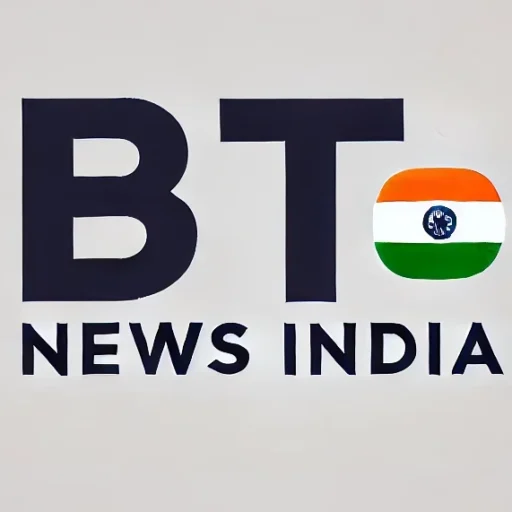Congress Leader’s Cryptic Election Remarks Draw Fire, Sparking Debate on Political Accountability
Published on: 01 September, 2025
By: [BTNI]
Location: New Delhi, India
Bharatiya Janata Party (BJP) MP Ravi Shankar Prasad unleashed a sharp critique of Congress Leader of Opposition Rahul Gandhi, calling his recent remarks about “detonating an atom bomb” and planning to “detonate a hydrogen bomb” in the context of elections both confusing and irresponsible. Speaking in Delhi, the former Union Minister questioned the relevance of Gandhi’s explosive metaphors to electoral discourse, accusing him of undermining his own credibility as a senior opposition leader and urging the nation to recognize his lack of responsibility.
“Whenever I listen to Rahul Gandhi, inside or outside Parliament, it takes time to understand what he is trying to say,” Prasad stated during a press interaction. Referencing Gandhi’s comment, “Maine atom bomb phoda hai, ab mai hydrogen bomb phodunga” (I have detonated an atom bomb, now I will detonate a hydrogen bomb), he asked, “How are the atom bomb and the hydrogen bomb related to the elections?” Prasad argued that such statements demean the stature of the Leader of Opposition and distract from substantive issues, adding, “The nation should understand, Rahul Gandhi is irresponsible.”
Gandhi’s remarks were made during a recent public address, where he highlighted concerns about alleged irregularities in voter lists and the Election Commission’s Special Intensive Revision (SIR) process, particularly in states like Bihar gearing up for assembly elections. His “atom bomb” and “hydrogen bomb” references appeared to underscore the impact of his accusations against what he terms “vote chori” (vote theft), including claims of 3.9 million new voters added to rolls in just five months. However, the BJP has dismissed these statements as theatrical and disconnected from reality, with Prasad accusing Gandhi of resorting to sensationalism to mask the opposition’s inability to offer constructive solutions.
The verbal clash reflects the intensifying rivalry between the BJP and Congress as key state elections approach. The BJP has defended the Election Commission’s efforts to purify voter lists, arguing that the SIR process is essential to ensure electoral integrity by removing non-citizens and duplicates. In contrast, Gandhi and the Congress-led INDIA alliance have demanded greater transparency, proposing measures like linking Aadhaar to voter IDs while acknowledging access challenges for some citizens. The Supreme Court’s recent observation that Aadhaar and voter IDs do not conclusively prove citizenship has added fuel to the debate, with both sides leveraging the issue to rally support.
Prasad’s remarks aim to portray Gandhi as an erratic leader whose rhetoric fails to resonate with voters, a narrative the BJP has consistently pushed to counter Congress’s electoral challenges. “Why is Rahul Gandhi demeaning himself as the Leader of Opposition?” Prasad asked, emphasizing the need for responsible leadership focused on development, security, and governance rather than vague metaphors. Meanwhile, Gandhi’s supporters argue that his aggressive stance is a necessary push to hold the government accountable, particularly on issues of electoral fairness.
Also read- https://www.btnewsindia.com/बेचैनी-महसूस-हो-रही-है-मन-क/ https://www.btnewsindia.com/innovative-water-conservation-drive-bori-bandhan-programme-launched-in-mohla-district/
The controversy comes at a time when political discourse in India is increasingly polarized. Analysts suggest that Gandhi’s provocative language is an attempt to energize his base, but critics like Prasad warn it risks alienating voters seeking clarity and solutions. As the Election Commission navigates the complex task of voter list verification, the public spat between the two leaders underscores broader tensions over trust in democratic processes.
Ravi Shankar Prasad’s pointed criticism of Rahul Gandhi’s “atom bomb” and “hydrogen bomb” remarks highlights the deepening divide between the BJP and Congress. While Gandhi seeks to spotlight electoral concerns, the BJP counters by questioning his coherence and responsibility. As India approaches critical elections, this exchange underscores the urgent need for a more constructive dialogue to address the nation’s pressing challenges and strengthen democratic trust.




